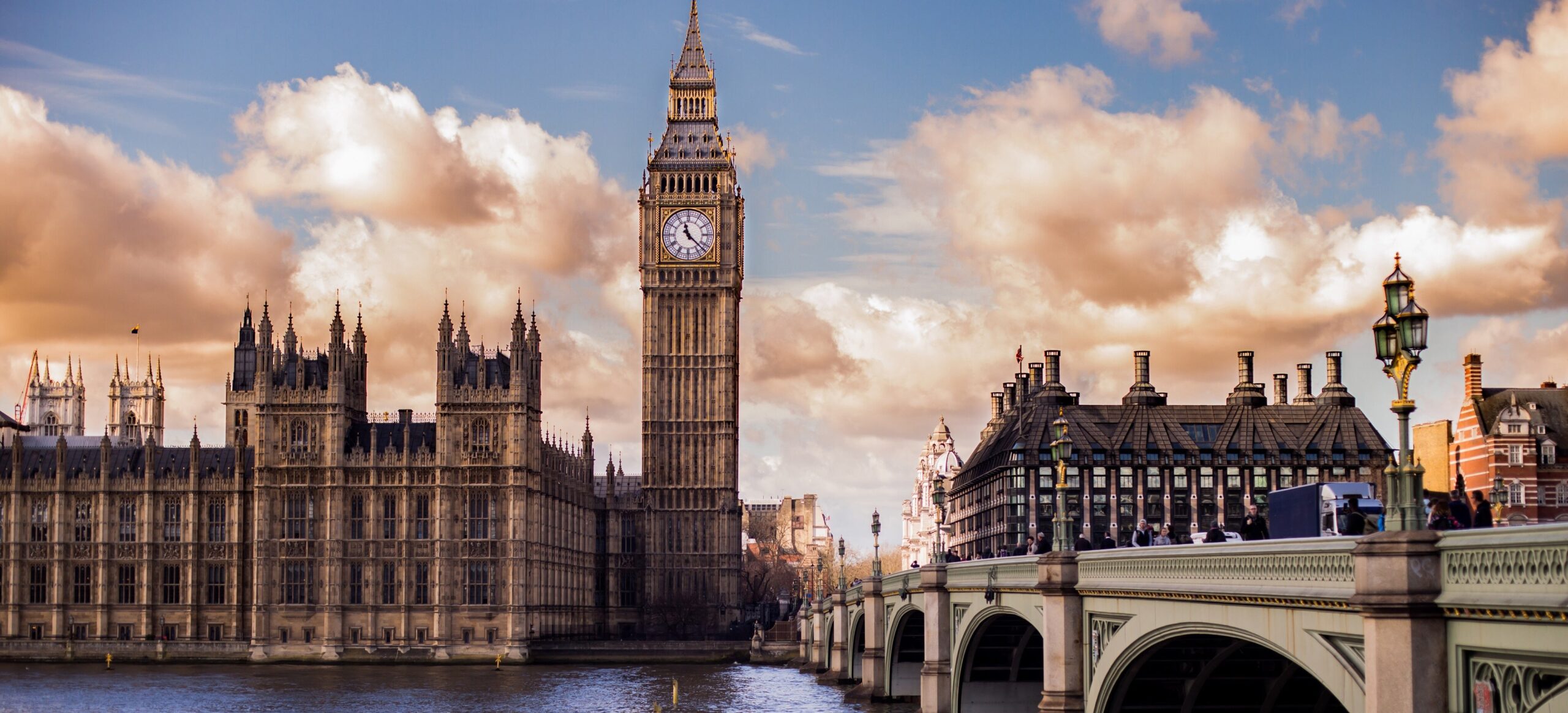The United Kingdom finds itself at a pivotal juncture in its fiscal policies, as Chancellor of the Exchequer Jeremy Hunt unveils sweeping changes aimed at restructuring the tax landscape for wealthy foreigners. Embedded within these reforms lies a fundamental shift in the nation’s approach to taxation, signaling an end to centuries-old practices and ushering in a new era of fiscal accountability.
For over two centuries, the concept of “non-domicile” status has afforded privileged treatment to the wealthy elite, enabling them to navigate the UK’s tax system with relative ease. However, as the economic landscape evolves and societal demands for fairness grow louder, the government has deemed it necessary to dismantle this preferential regime. In its place, a more egalitarian tax system based on residency will come into effect from April 2025. Mark Davies, a tax adviser for the super-wealthy, said the reforms “most certainly will mean people will leave. It will actually mean people will not come in the first place, as four years isn’t enough to settle with kids.”

The ramifications of the UK’s tax reform reverberate through the financial echelons, with significant implications for both the government’s revenue and the behaviors of wealthy residents. By abolishing the long-standing “non-domicile” status and implementing a residency-based tax system, the UK aims to generate £2.7 billion in additional tax revenue annually by 2028-29. However, the reforms have also stirred apprehension among affluent individuals, many of whom have benefited from the previous system’s leniency towards foreign income and gains. This unease has led some to contemplate leaving the UK, potentially disrupting the country’s economic landscape.
Against the backdrop of the UK’s evolving tax regulations, Monaco emerges as an alluring alternative for high-net-worth individuals seeking favorable tax environments. Unlike the tightening tax policies in the UK, Monaco offers a tax haven status characterized by low or zero taxes on personal income, capital gains, and inheritance. The principality’s reputation for financial privacy and stability further enhances its appeal to wealthy individuals looking to safeguard their assets and preserve wealth across generations. As the urgency mounts for affluent residents to explore alternatives amidst the UK’s reforms, Monaco stands out as a beacon of financial opportunity and security.

Port Hercule in the Condamine district of Monaco
In juxtaposition to the UK’s changing tax landscape, Monaco presents a starkly contrasting scenario, offering a more stable and advantageous environment for wealth preservation. While the UK grapples with the abolition of non-domicile status and the introduction of residency-based taxation, Monaco remains steadfast in its commitment to providing a tax-friendly haven for the affluent. Additionally, other international hubs like Dubai, Abu Dhabi, and Italy also vie for the attention of wealthy residents, each offering unique tax incentives and advantages. However, Monaco’s longstanding reputation as a premier tax haven, coupled with its luxurious lifestyle and cosmopolitan allure, sets it apart as a top choice for affluent individuals seeking to mitigate the impact of the UK’s tax reforms and secure their financial futures.
The UK’s tax reform marks a significant shift in its approach to taxing wealthy foreigners, aiming for a fairer system while generating substantial revenue. However, for those adversely affected by these changes, Monaco’s allure as a tax haven presents a compelling alternative. As wealthy individuals navigate these shifts, Monaco’s financial benefits and stability position it as a top choice amidst the evolving tax landscapes.
To learn more about the advantages of Monaco, moving to the Principality and the real estate market, please contact us for more information.